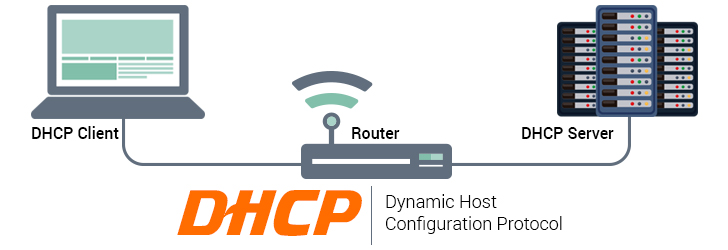DHCP is an acronym for Dynamic Host Configuration Protocol. The DHCP server function is a device that facilitates the distribution of IP addresses to a network evenly without the need to do it manually or spread IP addresses one by one to the device. If there is a local network that does not use a DHCP Server, of course it is very detrimental to a lot of time as well as work efficiency. Considering the need for manual configuration, each computer gets the same IP address for the data exchange process. Then do you know what a DHCP Server actually is?
In principle, the definition of DHCP Server is a computer device or instrument that is able to distribute IP Server addresses to all DHCP clients / lower devices that are still in one network. The use of DHCP Server is impossible to avoid, one of which is for those of you who have a business that opens an internet cafe. In addition to IP Addresses, the DHCP Server will also distribute other parameters. For example, Default Gateway and DNS Server. Every time there is a central server, obviously there is a client or subordinate server. Because the DHCP Server has a client/server architecture, the computer that distributes the IP Address is the DHCP Server, while the recipient is the DHCP Client.
The allocation of IP addresses by distributing them from the DHCP Server certainly helps the server to observe the activities that occur on the client computer, especially on the part of the network that suddenly cannot access the internet, use software, and so on. As explained above. The function of the DHCP Server is to allocate through the distribution system regarding the IP Address server so that all clients are able to automate the IP Address from the DHCP Server. This obviously saves a lot of energy as well as time.
The DHCP function can be maximized if it is used by network administrators to manage computer networks as well as address IP addresses automatically. Furthermore, the DHCP server can further accelerate the work of client/customer computers when in the process of managing and sending data. For you (especially for a Network Engineer) it is very important to understand the function of using DHCP Server material. In the DHCP Server engine, there are IP addresses, DNS, Default Gateway, and various TCP/IP information. The operating systems currently supported are Linux, GNU, Windows Net Server, Windows 2003 Server.

